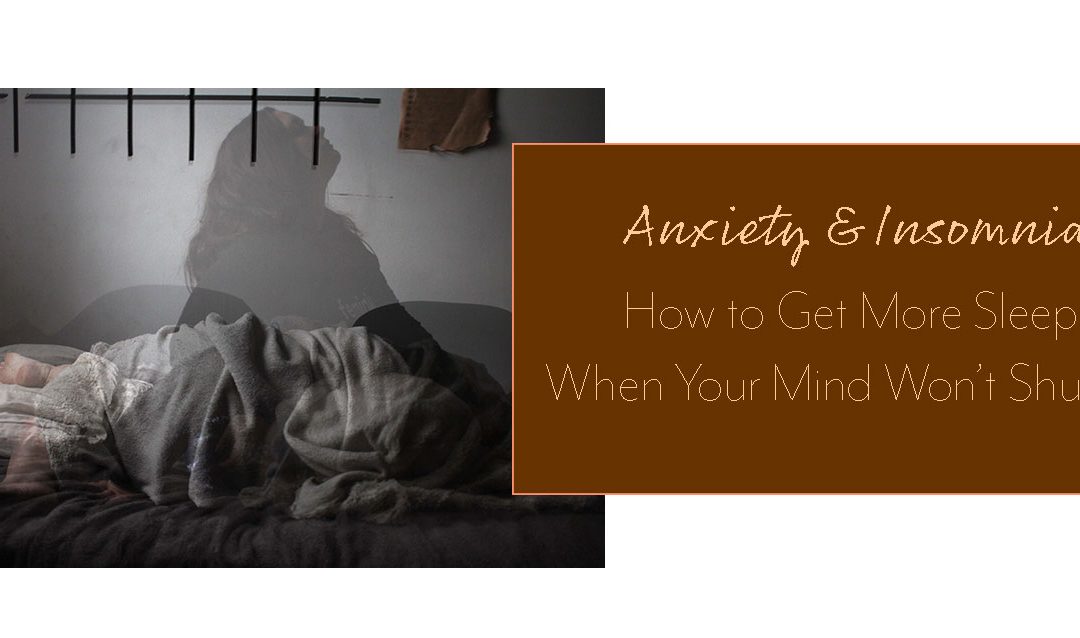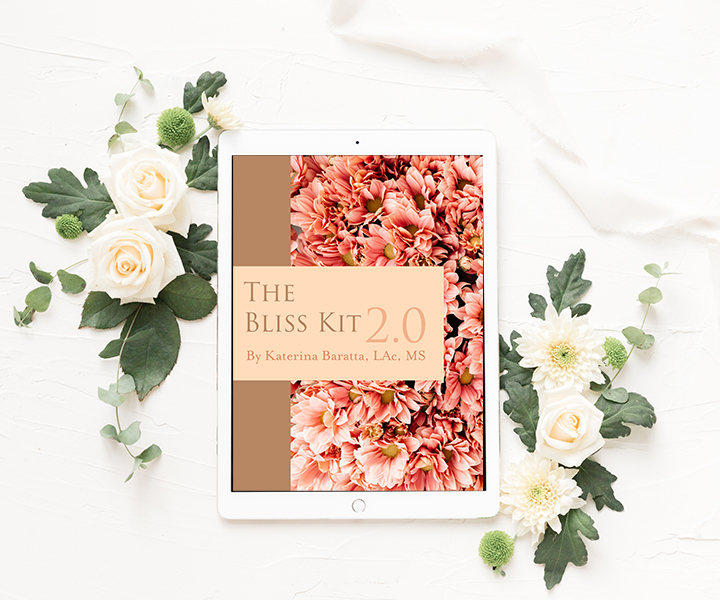Anxiety and Insomnia are like Elizabeth Taylor and Richard Burton.
They love to hang out, but they bring out the worst in each other.
Where anxiety goes, insomnia follows.
And the more insomnia decides to crash your parties, the longer anxiety wants to stick around, too.
Instead of having a roaring good time, you’re left feeling agitated at best, desperate at worst, and more than anything you’re totally drained.
Elizabeth Taylor and Richard Burton were just like that.
They thought they’d be the life of the party, then they’d end up screaming obscenities at each other from the bathroom, leaving everyone else wondering whose bright idea it was to invite those two again.
Yet somehow Liz and Dick were convinced they could work it out.
So convinced that they got married.
Twice.
Dysfunctional?
Uh….yeah.
Talk about real-life Hollywood drama!
Anxiety and insomnia are no better.
But if you want them to stop crashing your parties, you’re going to need a plan.
And your best bet is to change your scene.
If you design your lifestyle to prioritize deep, restorative rest, then anxiety and insomnia have nowhere to crash.
But before we get into the details of what that looks like, let’s get clear on something:
Liz and Dick were persistent.
They loved to party.
And in the beginning, anxiety and insomnia might not look like they’re going to let up, either.
So you’ve got to be stubborn.
You’re going to have to be strict.
And you’re gonna feel like a square, but that’s ok.
Because when you start showing up for yourself, eventually anxiety and insomnia will stop knocking at your door.
And you’ll feel as free as a freshman on the first day of summer vacation.
Here’s the set up:
1. Routine
The best anxiety and insomnia remedies can’t be found in a bottle, they can be found in routine.
The more consistent you can be about your sleep, the more successful you’ll be.
Blame your hormones.
Hormones are your body’s messengers, and they need very specific working conditions to function optimally. Without a fixed schedule the messages get mixed up.
To avoid the communication breakdown that leads to insomnia, you need structure.
When you wake up at the same time every day, and go to bed at least 8 1/2 hours before your alarm (to give yourself time to fall asleep,) everything changes.
Yes, even on weekends.
The more consistent you are, the more your hormones will support your mission to sleep well, and the more energized you’ll feel when you’re awake.
Does this sound like a drag? You may feel like a square, but do you know what’s even less fun?
Anxiety and insomnia.
2. Environment
What do ex-convicts and insomniacs have in common?
Their behavior is influenced by their environment.
We often hear stories of people who go to jail and get a whole new lease on life. They get an education, they start exercising, they have lots of time to think about what truly matters in life and what they’d like to do differently, and sometimes they even change so much that they have their sentence reduced.
But what happens 2 months after they get out?
They’re standing in front of a judge again, trying to explain the bag of cocaine that was found in their purse.
This happens because the environment you’re in actually programs the reactions in your body.
The more you act a certain way in a specific setting, the more likely you are to act that way again whenever you’re there.
So if you’re dealing with chronic insomnia, you want to make sure that the only thing you’re doing in your bedroom is sleeping.
make your bedroom a sleep oasis.
Take all electronics out of there. Get an old-school alarm clock. Don’t do work in your bedroom.
And if you find yourself lying awake in bed for more than 20 minutes, get up, read a book or journal or meditate in your living room for a little while, and only come back when you feel more sleepy.
This can take a few tries to work, but the idea is to condition yourself to associate your bed only with sleep and intimate activities. Nothing else.
The more consistent you are, the stronger the effects will be.
3. Watch what you drink
There are 3 types of beverages that directly lead to anxiety and insomnia: Caffeinated, alcoholic, and soda pop.
You might not have to cut these out entirely, but it’s a good idea to cut them out for a while until you have a clearer idea of how they affect you.
Caffeine functions to block your sleep receptors, so even though you might feel sleepy you can’t fall asleep.
When you’re dealing with insomnia, your best bet is to limit caffeine to one cup before 11 a.m. and switch to non-caffeinated alternatives after that.
Alcohol is an interesting one.
Because it makes you fall asleep faster but the quality of your sleep is worse.1
Don’t believe me?
A lot of people don’t realize how much a couple of glasses of wine at dinner change their sleep patterns, but if you have a sleep tracker on your watch or phone you can see for yourself.
As for soda pop, this one’s two-fold.
The sugar hit you get can spike your blood sugar, which makes your hormones work harder than they want to so the messages get all mixed up again.
And the carbonation adds more of the Air element into your system, which increases racing thoughts and anxiety according to Ayurveda. 2
4. Herbs are your friend
Beverages made with medicinal herbs, on the other hand, can be a game-changer when it comes to anxiety and insomnia.
Some of my favorites are chamomile, passionflower, and CBD.
But there are also some stronger herbs like valerian and kava kava that you can use on occasion when your mind just won’t shut up.
If you want to learn more about using medicinal herbs to calm anxiety and insomnia, click here to download a (free) PDF guide I’ve put together for you with all the details you need to safely get started.
5. Exercise
Studies show that exercise improves both sleep quality and anxiety. 3, 4, 5
When’s the best time to exercise? Whenever you can get to it.
You may have heard that some studies suggest that the morning is better for cardio, but later studies have disputed this claim. So if the only time you can exercise is right before bed, try it out for a couple weeks and see what happens.
In my experience, so long as you make an effort to move throughout the day as well, there is no bad time to get a sweaty workout in.
Overwhelmed?
Then start small.
Choose the sleep tip that appeals to you the most and commit to it for a couple of weeks.
Once that feels solid, then add in another.
And remember, lots of little steps lead to big changes.
I can’t wait to see where this takes you!





